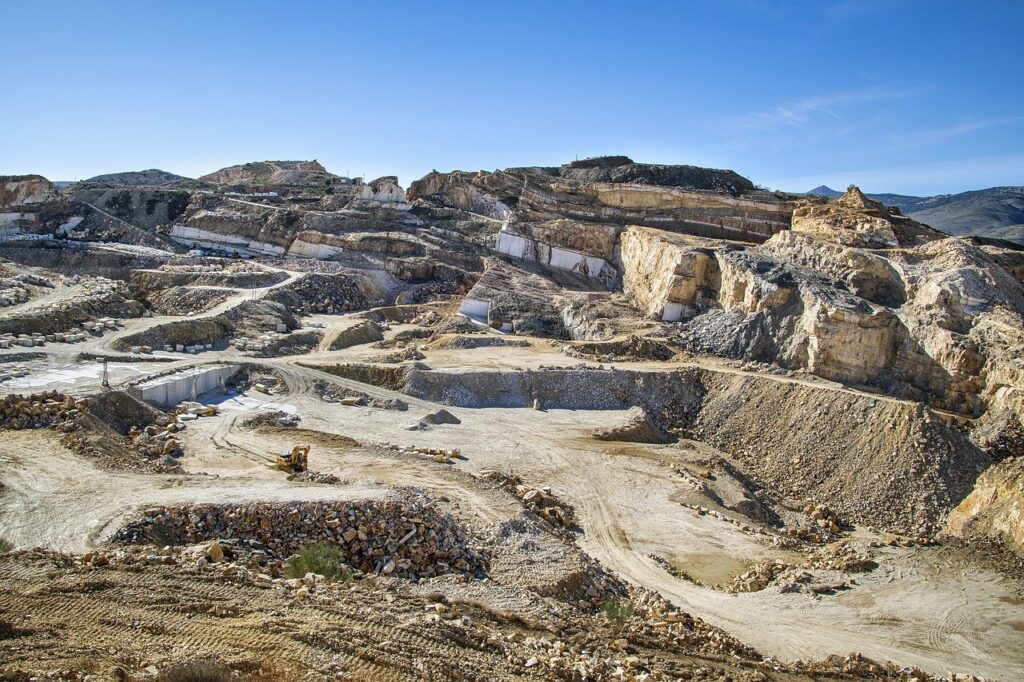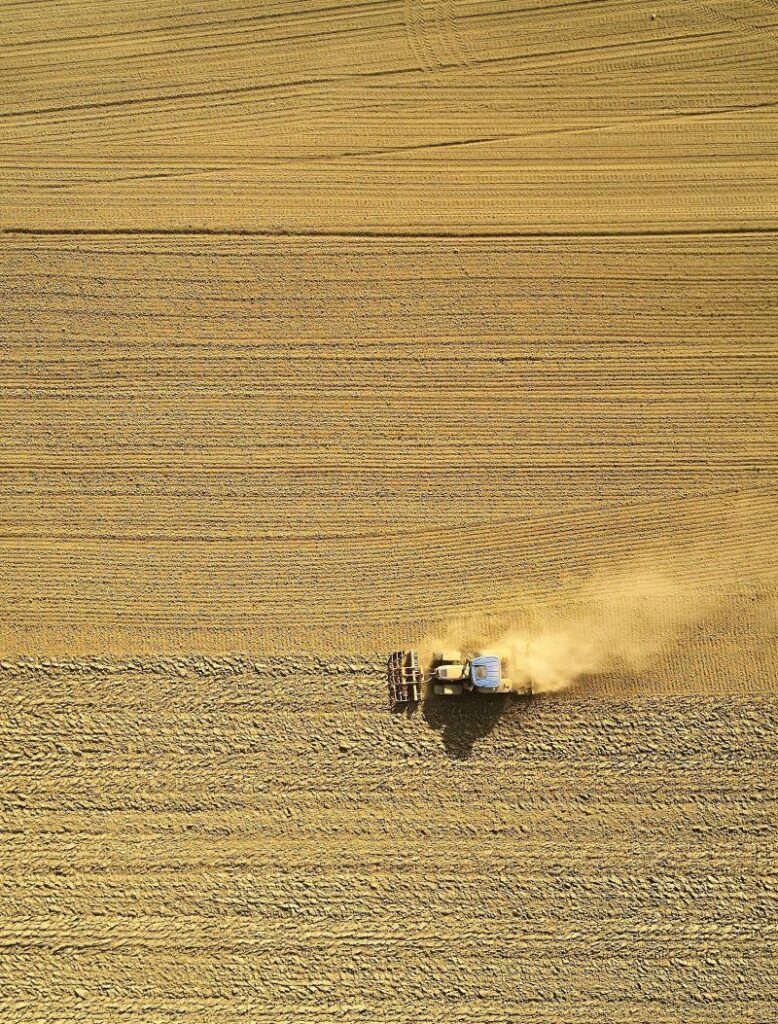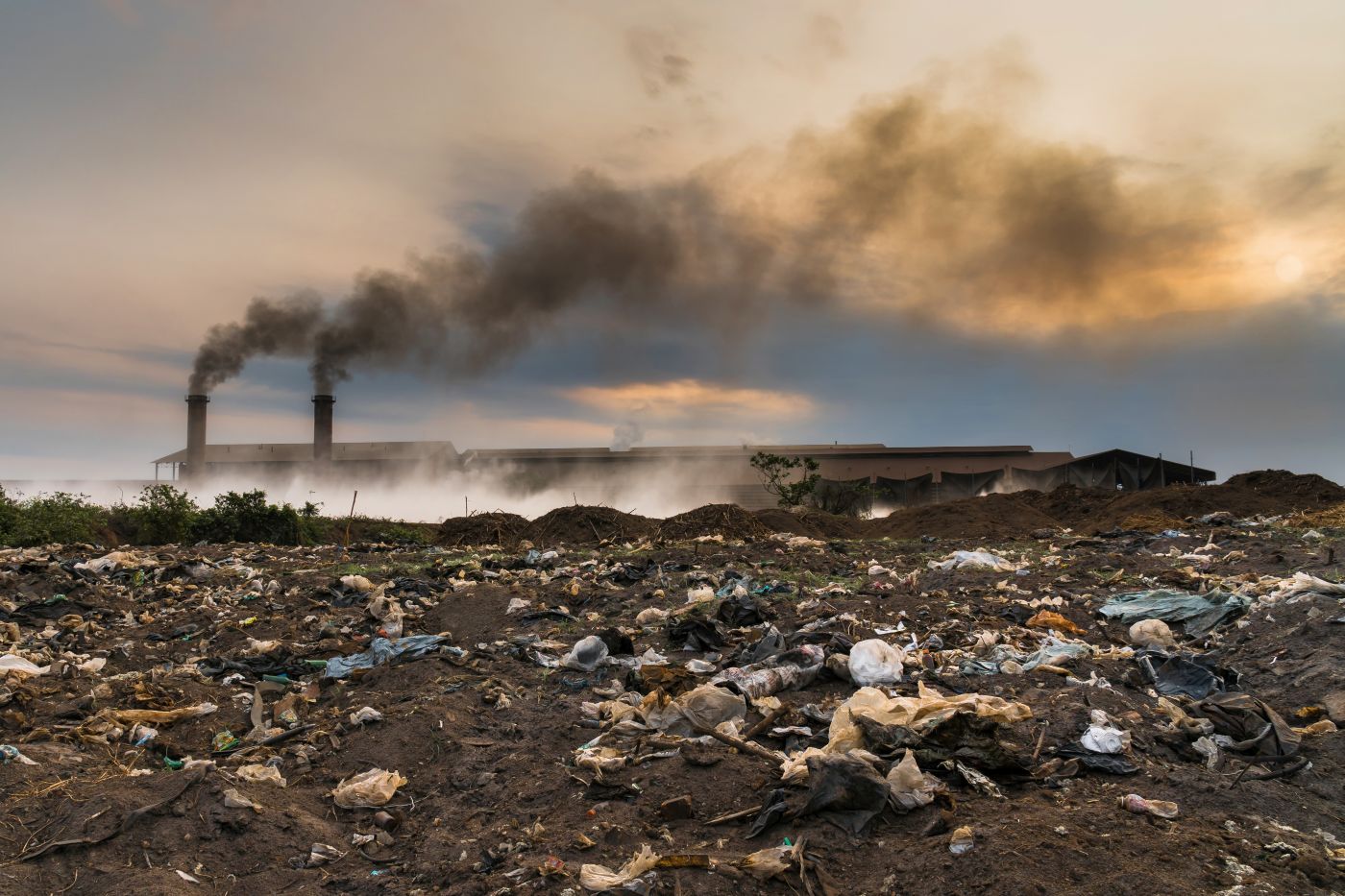Outline
The “Extractivism and its socio-environmental impacts” working group proposes documenting extractive processes, their socio-ecological impacts, resistance efforts, and relevant public policies. Extractivism refers to the intensive exploitation of natural resources in the Global South, driven by global production chains with limited concern for sustainability or social fairness. Rooted in colonialism, extractivism has intensified since the 1990s, particularly in response to demand from emerging economies. It causes severe socio-environmental impacts, including deforestation, biodiversity loss, and the displacement of communities, exacerbating poverty and inequality. Politically, extractive industries empower global elites who capture government institutions, weakening democratic governance and promoting corporate interests. These activities have global consequences, contributing to climate change, ecosystem destruction, and biodiversity loss, endangering the planet’s resilience. Despite these challenges, social movements have emerged to resist extractivism, advocating for sustainable alternatives and post-extractive economies based on collective action and local governance.

Key Issues
Major Environmental Impacts
Extractivism results in significant deforestation and loss of ecosystems, leading to biodiversity decline, soil and water contamination, and desertification. These changes disrupt essential environmental services, such as pollination and soil fertility, crucial for resilient food systems, often causing irreversible damage.
Profound Social Impacts
Extractivism causes dispossession of land, water, and forests vital to local communities, leading to increased poverty and inequality. This often coincides with violence, social unrest, and the repression of human rights defenders, as criminal groups frequently control areas of extractive activities.
Economic Re-Primarization
Extractivism has caused a re-primarization of economies in countries that previously achieved some industrial development. Governments, especially in Latin America, have become heavily reliant on extractive activities for foreign exchange and tax revenues, with many viewing this as the sole path for economic development.
Political Power of Elites
National and international elites enriched by extractive industries have gained significant political influence, maintaining their privileges through corporate capture of government. This leads to legal and regulatory frameworks that favor corporate interests and undermine democratic governance.
Working group proposals
The main extractive processes related to the production of: food, energy and minerals, focusing on strategic minerals for the energy transition. Considering the production chains of which they are part, the markets to which they are directed, and the corporations that control them.
The main socio-ecological impacts of extractive practices, present at different scales, considering the inequality of the responsibilities that caused those impacts; as well as the unequal exposure to them.
Documenting social responses and practices of resistance and construction of post-extractive communities-societies, often based on commons and communities´ collective action.
Documenting public policies aiming to address the impacts of extractivism.

Coordinators
Laeticia Merino
Professor, Universidad Nacional Autónoma de México
Roberto Stefani
Natural resource justice specialist
Rafael Heiber
Common Action Forum
Youba Sokona
Intergovernmental Panel on Climate Change

